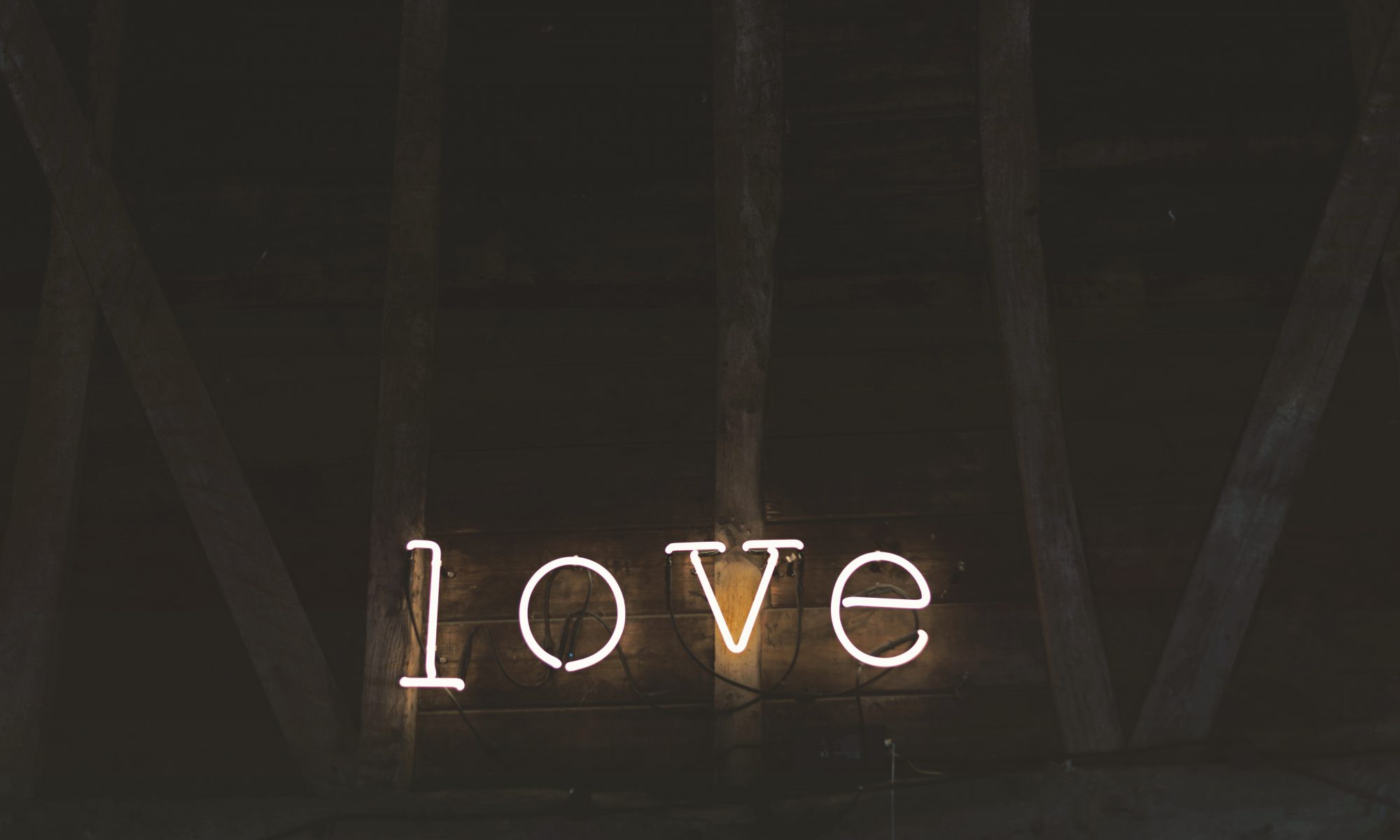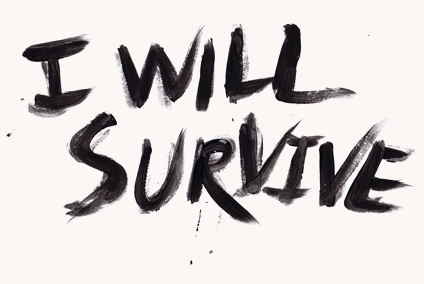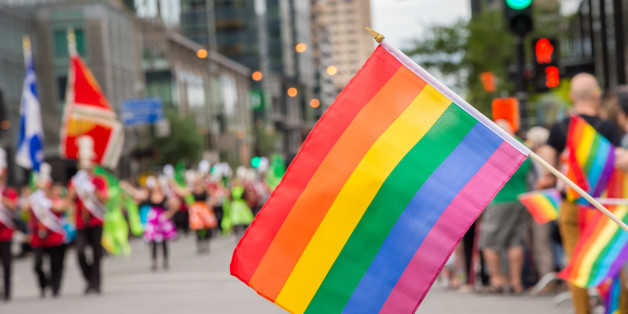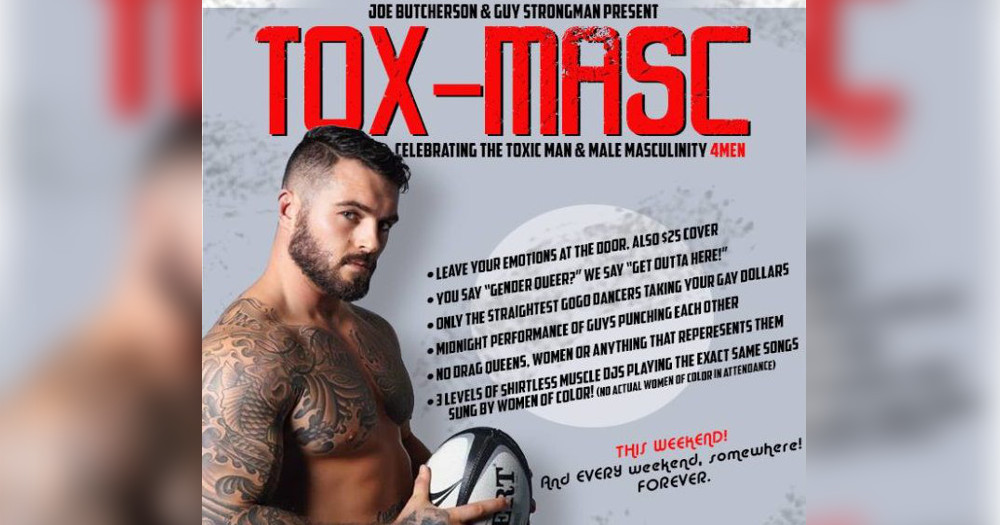Review on The New Yorker
In light of the allegations of sexual harassment against Harvey Weinstein, recent #metoo movement came into play when Alyssa Milano used it in support of her friend’s Rose McGowan. Following the allegations about Weinstein, many others from both men and women, slowly unfolded. One interesting switch of event, was on Kevin Spacey. After denying two allegations about him harassing other men, he finally came out from the closet on his sexuality on the third one. Of course, he was criticized on the way he has come out. Not only it took several sexual accusations for him to disclose his sexuality, but one would be quick to judge on the relevance of his sexual orientation and the serious alleged offence of sexually harassing an underage child.
The reason it is titled ‘Hiding behind the rainbow’ as Kevin Spacey had it easy by simply apologized and confess to his sexual orientation (without being marginalized for it). As quoted, “I choose now to live as a gay man.”, he borrowed the limelight of LGBT community and the ‘rainbow’ of milestones they have recently achieved.
In Language and Sexuality, chapter three talks about how heterosexuality has been defined through the system of male supremacy (pp. 45). Acting as a political institution, any deviation from this norm such as, homosexuality is considered to be ‘out of the system’. The stigmatization in the documentary in 1995 Celluloid Closet demonstrated how homosexuality was portrayed in the past film making days. Homosexuals had always been depicted as villains, murderers, jokers and also as a form of illness. Kevin Spacey would have thought having an easyway out by garnering supports and sympathies for his sexual orientation.
Dorris brought up what rape culture is like for the gay community. The concept on consent varies differently for heterosexual women and homosexual men. Women are placed under the scrutiny of court and, despite not consenting to the abuse, are mercilessly blamed for the lack of strong resistance. While homosexual victims, due to their sexual orientation are understood as desiring it, indicative of consent as the ‘unmarked choice’ (Cameron and Kulick, 2003, pp. 39). In this case, drawing from the gay artist who was almost raped by alleged Kevin Spacey, did not at that time felt it was an assault, as his orientation toward men made such encounter a pleasurable one. The 14 year old then, artist (anonymous), took it upon himself, as he saw it as ‘a sin’ due to the negative connotation of homosexuality as what one may have to go through (self-doubting/blaming) when coming out as gay.
As gay men are likened to women, and being more feminine, especially ‘gayspeak’ adopts women’s language (Cameron and Kulick, 2003, pp. 93). The ironic part is that toxic masculinity may be emphasized on the perpetrator. Identified by APA , 11 traits were identified commonly related to toxic masculinity. One trait is dominance. Kevin alleged forced himself onto then 14 year old, artist. Mentioned on them., such action is a ‘commonplace’ of forcing ‘power over’ over the victim. On the journalist’s account of harassment, Kevin went berserk (need for control of emotions) on the journalist at the hallway, as he was rejected when making further sexual advancement. On Rapp’s account, he described the incident the same as how a man dominates woman sexually, we see how toxic masculinity is conceptualized on Kevin Spacey, who has now eventually came out as gay. This is contradictory to how many to portray gay men behaving like women.
Yet, through the notion of sexual intercourse- one has to be the woman. The victims are constantly seen, ‘of being like the woman’ who are ‘weak’ in resisting the assault. As such, the one way, this author has proposed using the good old ‘coping strategy’ which is looking to women in triumphing over heterosexual men. In combating sexual assault gay should follow suit women by creating ‘a whispering network’ to warn of other men as much as gay do not wish to portray themselves “women”.
Gay community can be victims of rape culture, as much as one may think “they want it too”, and only till the concept of consent changes, gay will only continue searching for plausible ways to protect themselves.
References:
Cameron, D., & Kulick, D. (2003). Language and Sexuality. New York: Cambridge University Press.





This post brought up some pertinent issues with regards to homosexuality that I think deserves a lot more attention in the public sphere. Kevin Spacey’s abuse of the homosexual agenda to try and downplay his sexual assault undermines what the LGBTQ movement is trying to achieve and just goes to show how easily the rhetoric around homosexuality can be diluted. On the other hand, homosexuality can dilute the rhetoric around many other aspects of language and desire. As the post points out, toxic masculinity and legal consent are issues that have not quite received public attention when it comes to homosexuals. So this was an overall illuminating read and reminder that homosexuality shouldn’t be glossed over and treated as a separate construct from the issues surrounding heterosexuality.
Honestly, even though I know of the #metoo movement, I admit that I did not give special notice to it. This is actually the first time that I have heard of Kevin Spacey, and I am severely appalled at his actions.
As Simin has mentioned in her post, Kevin Spacey seems to be using homosexuality as a defense mechanism. It was as if he thought that by coming out as gay, he would not be faulted and all would forgive him. Obviously, this is not the case. Rape is rape, despite the sexual orientations and gender of the assaulter, or the victim. It should not be used as a defense, or a weapon. No means no, and one should never ever force themselves on others without consent. Just because you are gay, it does not automatically mean that your actions are logical and forgivable. It is still a crime. As mentioned in the post, gays seems to be on the shorter end of the stick here when it comes to consent. Much has to be done in the future in order to protect their rights.